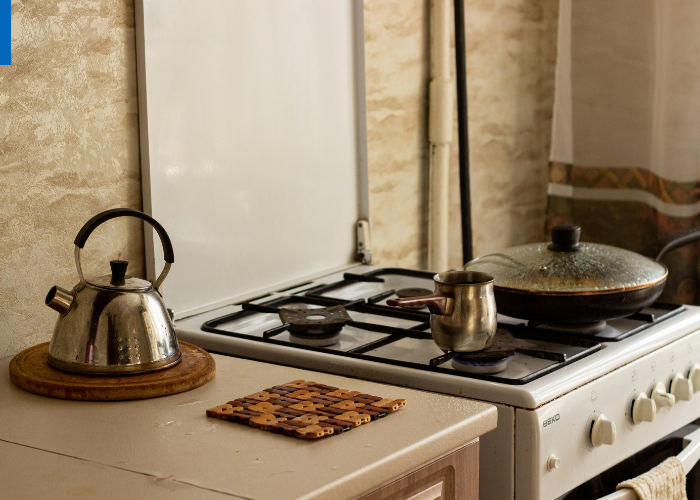How to Report Rental Price Gouging
When disaster strikes, communities pull together to rebuild, but unfortunately, some take advantage of the situation by increasing rental prices unfairly.
California law protects consumers against price gouging during emergencies, ensuring landlords cannot raise rent excessively following a declared state of emergency.
In light of the recent fires in Los Angeles, it's essential to understand how to identify and report rental price gouging to protect yourself and others.
What is Rental Price Gouging?
Under California Penal Code §396, rental price gouging occurs when landlords increase prices by more than 10% following a state of emergency. This law applies to all housing types, including apartments, single-family homes, and short-term rentals. The law remains in effect for up to 30 days after the emergency declaration, though it can be extended.
How to Spot Price Gouging
To determine if you're experiencing price gouging:
- Review the Pre-Disaster Rent: Compare the current rental price to before the state of emergency was declared.
- Look for Unjustified Fees: Be cautious of hidden fees or sudden increases in deposits that effectively raise the cost of renting.
- Document All Communication: Save any advertisements, emails, or rental agreements showing price changes.
Steps to Report Price Gouging
If you suspect rental price gouging, take the following steps:
- Gather Evidence: Collect documents such as lease agreements, listings, or correspondence that show the rental price hike.
- File a Complaint:
- California Attorney General’s Office: Submit your complaint online at oag.ca.gov/report or call their consumer hotline.
- Local Authorities: Contact your city or county's consumer protection office for additional support.
- Report to HUD: If the property receives federal funding, you can report the issue to the U.S. Department of Housing and Urban Development (HUD).
- Seek Legal Advice: Contact a tenant rights attorney or local legal aid organization for guidance on your specific situation.
Protecting Yourself and Your Community
Raising awareness about price gouging helps protect vulnerable residents from exploitation during difficult times. At Ascent Property Management, we believe in supporting tenants and ensuring fair practices across our industry.
If you have questions, don’t hesitate to reach out.




Share this post





